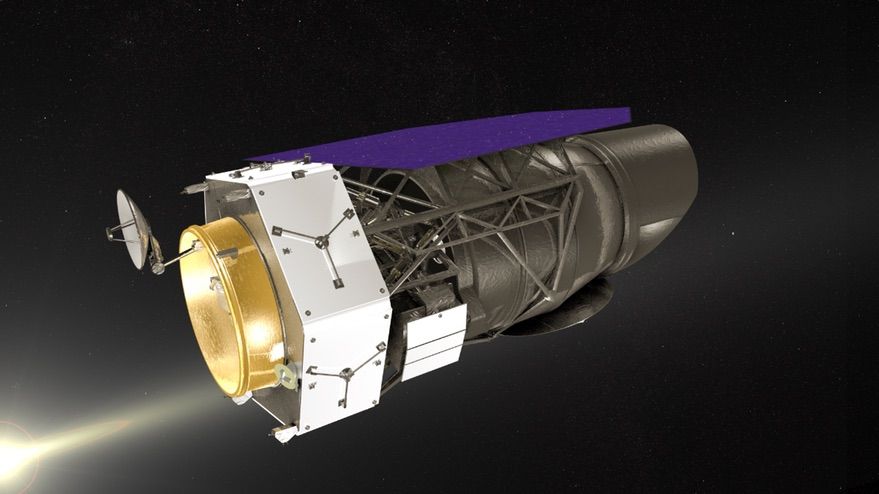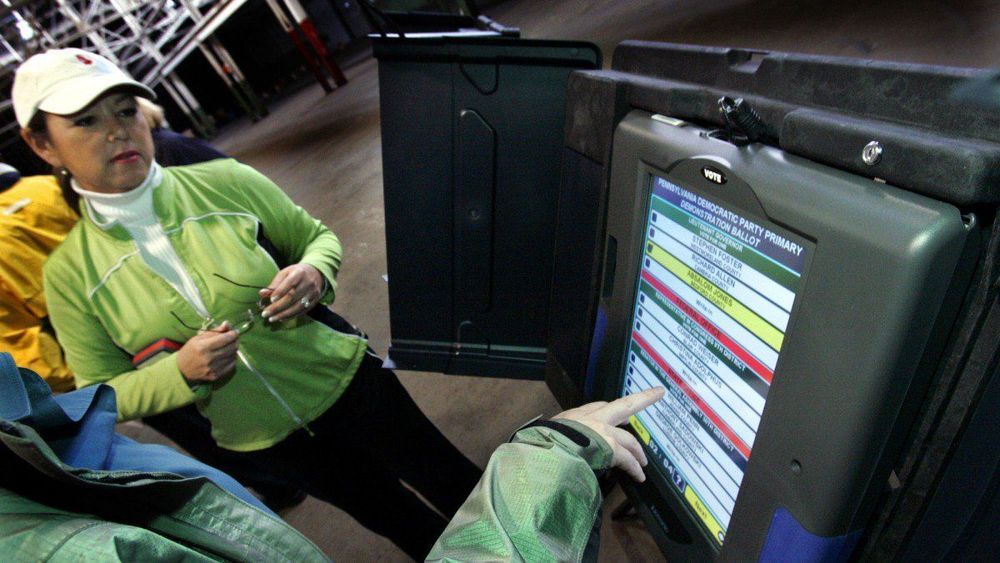ST. LOUIS — As astrophysicists prepare to begin their next decadal survey, other scientists and members of Congress endorsed the overall process even as they suggested some changes.
At a town hall meeting during the 234th meeting of the American Astronomical Society here June 11, leaders of the latest astrophysics decadal survey, dubbed Astro2020, said they’re ready to begin work identifying scientific priorities in the field for the coming decade and what spacecraft and ground-based observatories are best suited for them.
Robert Kennicutt, an astronomer at the University of Arizona and Texas A&M University who serves as co-chair of Astro2020, said the National Academies, which oversees the decadal survey, received more than 450 nominations to serve on the steering committee Astro2020 decadal survey. Ultimately the National Academies selected 20 people, counting Kennicutt and fellow co-chair Fiona Harrison of Caltech, to serve on the committee.








